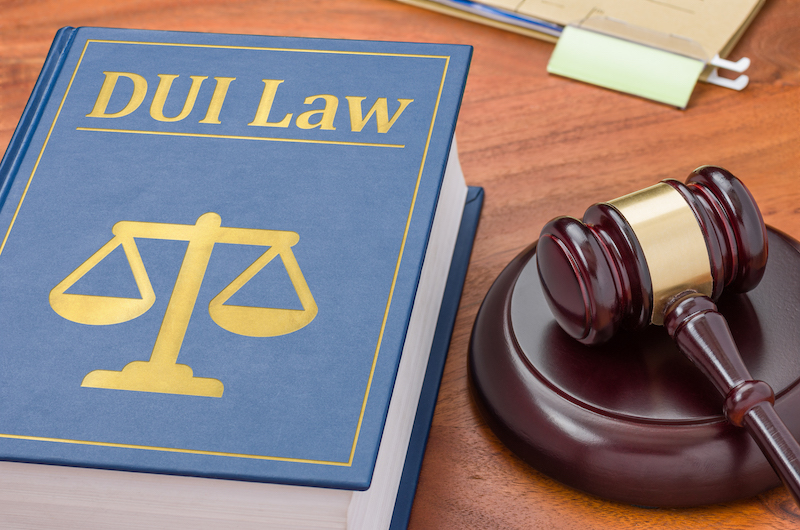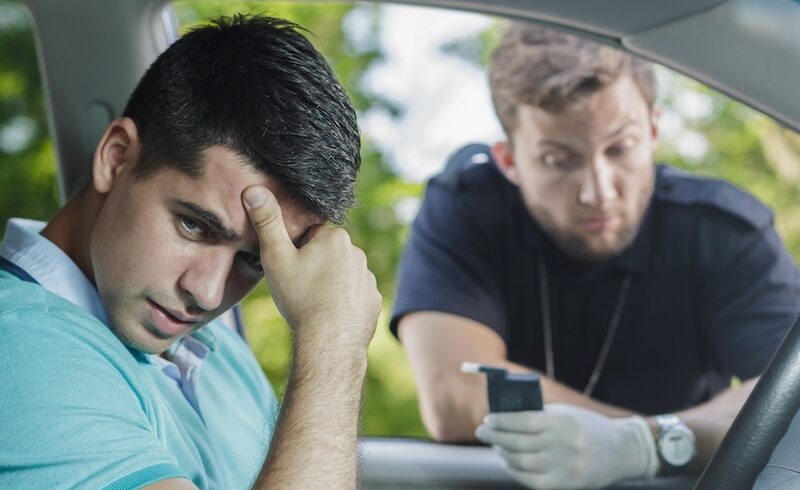
When we hear the words, “driving under the influence,” most people automatically think of driving after they’ve been drinking.
In reality, the term DUI encompasses being under the influence of a variety of substances, including prescription drugs. Drivers tend to think that the risk of driving under the influence of these substances is not as serious. This is evidenced by the fact that as many as 20% of nighttime drivers were found to test positive for some kind of drug.
However, driving under the influence of prescription medications is a big deal, and can even lead to being charged with a DUI in Illinois.
An Overview of Prescription Drug-Related DUIs
Before we get into the details of how to deal with a DUI charge, let’s take a closer look at the relationship between prescription drugs and DUIs.
Which Prescription Drugs Can Lead to DUIs?
First, it’s worth noting that there are many prescription drugs that it is safe to drive while taking. In fact, most medicines that you take under the supervision of a doctor are safe. For instance, most drugs that are taken daily to manage conditions like high cholesterol or diabetes fall in this category.
Typically, the drugs that are not safe to mix with driving are those that cause side effects like drowsiness, slowed movement, nausea, etc. Strong painkillers, like opioids and other narcotics, are the first to come to mind. However, even anti-allergy medications or some anti-anxiety or anti-depressants fit the same description.
How Do I Know if it’s Safe to Drive?
Whenever a doctor prescribes you a new medication, your first question should be, “Is it safe to drive while taking these?”
Keep in mind that while their response is a helpful starting point, it is not absolute. If an officer pulls you over and you are found to be impaired, saying, “The doctor told me it was okay,” will likely not hold up in court.
It’s a good idea to test your reaction to a new medication before driving. Also, with some medications, you may find that you are drowsy the first few days of taking it, but that you eventually adjust.
For other medications, it is generally never safe to drive while taking them. This applies to narcotics, sleeping pills, and tranquilizers.
If you are still unsure, the American Automobile Association (AAA) has a helpful tool to help you determine if it is safe to drive while taking your medications.
I’ve Been Charged with a DUI, Now What?
Often, DUI charges related to prescription medications come as a shock to the offender. A person who would never go out drinking without a designated driver might not realize the danger of driving themselves to work after they’ve been prescribed pain medication post-surgery.
Here are a few items to consider if you are charged with a prescription drug-related DUI.
How is Impairment Determined?
When it comes to driving under the influence of alcohol, it is relatively easy to determine whether a driver has broken the law. The legal limit is considered .08% blood alcohol, and this level can be determined through a simple breathalyzer test.
Testing for prescription drugs is not as cut-and-dry.
First, there is no specific blood-alcohol level listed in statute related to prescription medications. Second, a breathalyzer cannot provide any information related to the presence of these medications in the blood. For this reason, an officer will often compel someone suspected of driving under the influence of prescriptions to comply with a blood test.
What Counts as Impairment?
So, how does law enforcement determine if a driver is impaired by a prescription without a defined blood alcohol level?
When it comes to illegal drugs, like marijuana or heroin, a driver can be charged with driving under the influence of that drug if even a trace amount of the substance shows up in a blood or urine test. With prescription drugs however, it is not enough to simply show the presence of the drug. The officer must also demonstrate that the medication led to impaired or erratic driving.
There are a few ways an officer can demonstrate this to the court. Running a red light, swerving in and out of your lane, or falling asleep at the wheel are all signs of impairment. Also, if you are involved in an at-fault accident, the officer might use this as evidence of erratic driving.
It’s also important to note that showing evidence of impairment only applies if you have a prescription for the drug in question. For instance, if opiates are found in your system, but you do not have a prescription for them, you could be charged simply for being under the influence of that drug.
What Defenses are Available?
If you’ve been charged with driving under the influence of prescription drugs, there are multiple avenues of defense available. If there is no footage of your driving, and no accident took place, then the claim of impairment becomes difficult for the officer to prove.
In many cases, you can also challenge the officer’s initiation of the traffic stop. You might be able to show the officer had no reason to suspect that you were violating a traffic law. In this case, you can have all the evidence collected from the stop suppressed.
Again, without camera footage or witnesses, it becomes a case of “he said, she said.”
Get Help with Your First Offense DUI Today
The consequences of any DUI charge can be serious, even if it’s only the first offense.
If you’ve been charged with a first offense DUI, it’s important to have the right legal help to navigate the situation. Contact us today for a free consultation regarding your case.


